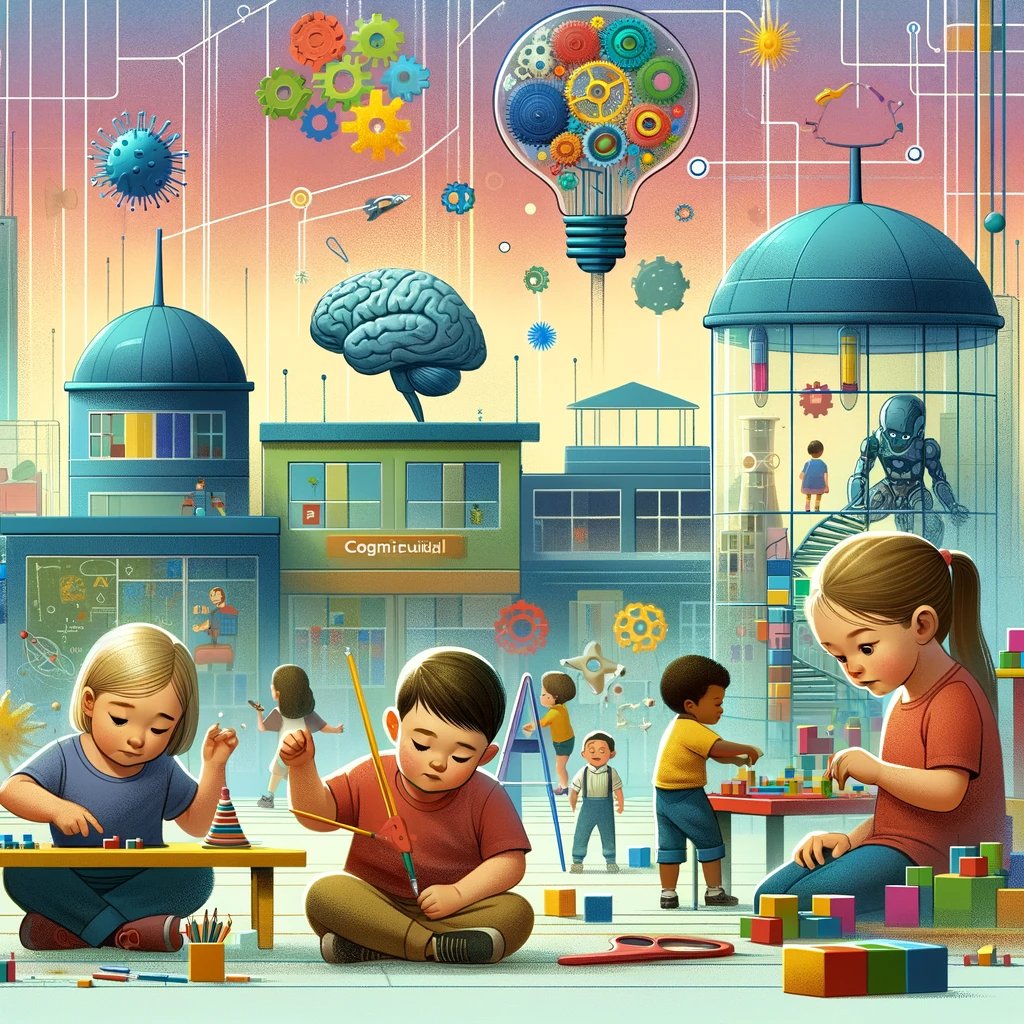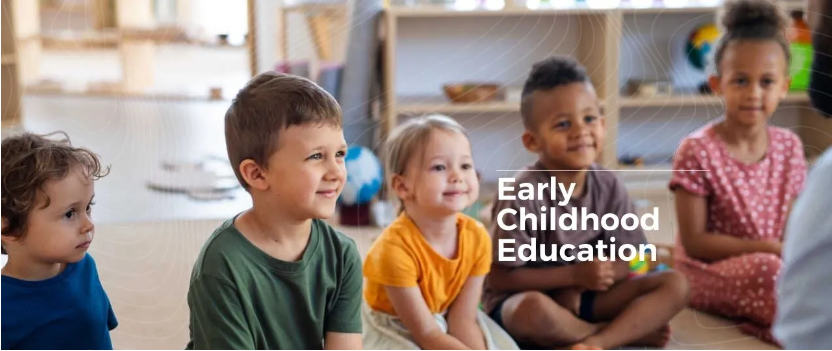As parents, the journey of nurturing a child begins long before they step into a formal classroom. Early childhood education lays the groundwork for a lifetime of learning and development, significantly influencing a child’s future success. This guide aims to shed light on why early childhood education matters and how parents can play an active role in fostering a love for learning from the very beginning.
The Formative Years:
Early childhood, typically defined as the period from birth to eight years old, is a time of rapid brain development and skill acquisition. During this crucial phase, children absorb information like sponges, forming the cognitive, emotional, and social foundations that will shape their future.
Building Social Skills:
Early education is not only about ABCs and 123s; it’s a cornerstone for developing essential social skills. Interactions with peers and caregivers in a structured setting contribute to the development of communication, cooperation, and empathy, laying the groundwork for successful social interactions throughout life.


Cognitive Development:
The early years are pivotal for cognitive development, with the brain creating neural connections at an astonishing rate. Quality early childhood education provides a stimulating environment that encourages curiosity, problem-solving, and critical thinking, setting the stage for academic success in later years.
Language Acquistion:
Language skills form a fundamental aspect of early childhood education. Exposure to a rich language environment, through storytelling, conversation, and reading, not only enhances linguistic abilities but also fosters a love for literature and learning.

Fostering a Love for Learning:
Early childhood education is not just about preparing for formal schooling; it’s about instilling a love for learning. Activities that encourage exploration, creativity, and play contribute to a positive attitude towards education, creating a lifelong learner.
Parental Involvement:
Parents are a child’s first and most influential teachers. Engaging with a child’s early education involves simple activities such as reading together, exploring the outdoors, and participating in imaginative play. These interactions not only strengthen the parent-child bond but also contribute significantly to a child’s overall development.

Investing time and effort into early childhood education is an investment in a child’s future. By understanding the critical role of these formative years, parents can actively engage in their child’s learning journey, fostering a love for education that will resonate throughout their lives. In essence, early childhood education is not just a preparation for the future; it is the foundation upon which a lifetime of success and fulfillment is built.
